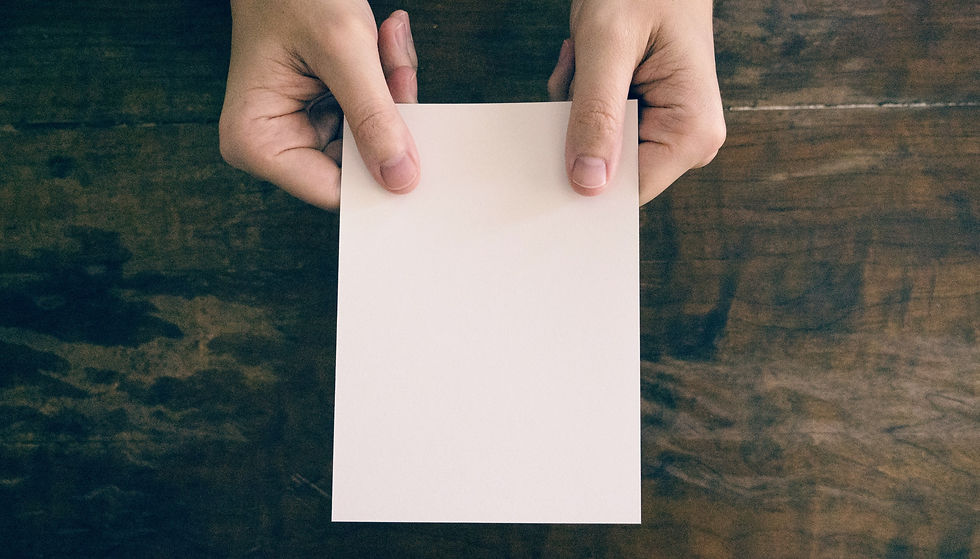Twelve Lessons for recovering communities from Post-Fire Paradise
- Allen Myers
- Aug 14, 2023
- 3 min read
The Camp Fire destroyed our town of 27,000 and surrounding communities on November 8, 2018. In less than a day, most of the members of our community lost their homes and neighborhoods. Some lost their lives. Many lost their jobs and we all lost life as we knew it. We were completely overwhelmed. Since then, we’ve learned a few things we want to share. We hope our experience will help you as yours unfolds.

1. Help everyone be safe. Get people sheltered and watered and fed. Forget old rivalries. There’s more than enough work to be done. Everyone does what they can to care for all.
2. House people. Use every ounce of creativity and political pressure you can muster to get people into temporary housing. Get on this immediately and think outside the box. Hardly anything is more important. And then turn your attention, immediately, to permanent replacement housing. This is an opportunity to get more creative. Housing everywhere is now unaffordable for many. We need to rethink all this, and the recovery from a disaster is the time to do it.
3. Recovering from a disaster is a marathon, not a sprint. Slow down, be patient, pace yourself. This is going to take longer than you think.
4. Grieve and continually open space for grief. ”Grief is love’s older and wiser sibling,” says Stephen Jenkinson. “Loving and grief are joined at the hip.” You need to grieve what you love and have lost. Grieving will allow space to open to what is next. Disaster calls on us to simultaneously be the undertakers who help let go of what is gone and the midwives to help give birth to what will be.

5. Tell your story. When you go through trauma, you hold it in your body; your muscles retain a memory of the stress and grief. Experts in trauma say you need to externalize the trauma by telling what happened to you. So tell your story as many times as you need to, and encourage others in your community to tell theirs.
6. Everything changes. There is no going back. Consider the opportunity here, the call to “grow into” the hard work of building the lives and communities we really want. A disaster can be an opportunity to come into relationship with each other and the land in a new, deeper way.
7. People respond differently. Some are able to show up and do whatever they can. Others are overwhelmed by grief, uncertain and confused. Some say “no more” and leave. Still others come to help and may find a new home. Welcome it all. Meet people where they are at with respect.
8. Those who want to help sometimes don’t. Everyone’s going to have ideas about what you should do and how you should do it. The expertise from state and federal agencies and external nonprofits is always well intended and is frequently blind to local conditions. It’s OK to politely say, “No thank you.”
9. Own your own recovery. Your community, itself, needs to be in charge of its own recovery. This means dealing with issues of power and control both outside and inside the community. There’s a lot of work to be done to recover and then to build for the future. Too frequently, jobs go to people from “away.” They need to go first to those who lost theirs. They’ll need training and support. It will be slower than bringing in someone from the outside. But no matter how fast you try to do things immediately, this is going to take a long, long time. Do everything you can to keep jobs and money in your local economy. You’ll meet internal and external resistance. That’s okay–do it anyway.
10. Collaboration is key. After a disaster, everything seems diminished, everyone is depleted. Going it alone, whether as an individual or an organization, is a recipe for burnout. Pool your resources, combine forces. Collaborative projects rebuild a sense of community and do what the permaculturists call “stacking functions”: accomplishing several objectives with the same pool of energy and resources.

11. Listen. Create time and spaces to really, really listen to each other. Get beneath the surface. Create space for each other’s ideas.
12. Build back better. There will be a strong pull from some quarters to return to the status quo, to make it just like it was before. Understandable though that is, the status quo resulted in where you are now. Instead, see this as an opportunity to rethink and redesign systems holistically, to use new approaches, new materials, new and better ways of being and living. Advocate for building sustainably, fostering an equitable and inclusive community, a disaster-resilient town. Recovery from disaster can be an opportunity to do things better, whatever that means for your community and natural environment. Take it.

Comments